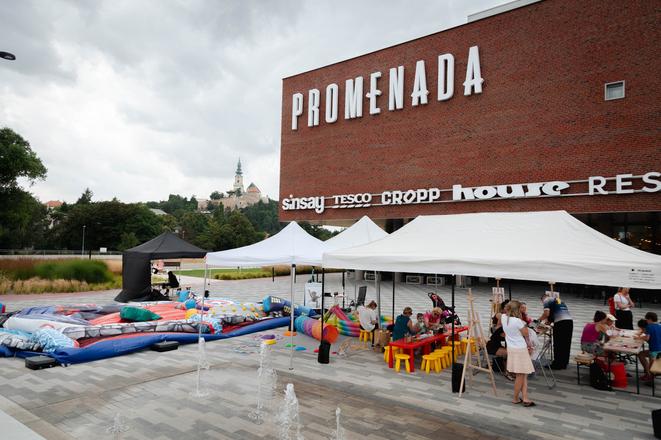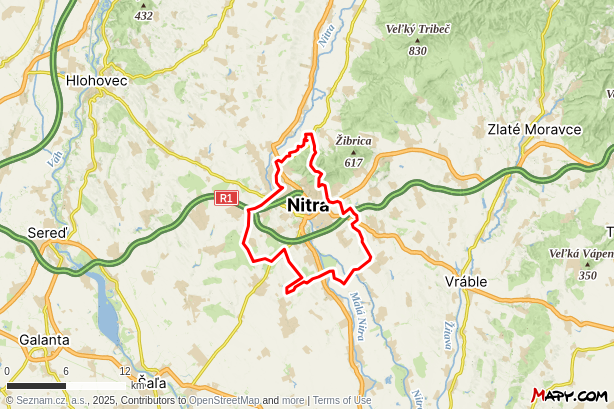When Nazar and his friends sat down for a meal at a local shopping centre in Nitra, a Slovak university town east of Bratislava, they did not expect to be followed, shoved, and punched by a group of young people who took offence at their language.
“‘Ukrainian scum, dumb Ukrainians, and morons,’ they called us,” Nazar, a university student originally from Ukraine, told the Slovak daily Sme. “They told us to go outside and ‘talk like men.’”
The students, all enrolled at Constantine the Philosopher University (UKF), were attacked on 31 March and again the following day by groups of local youths.
“People didn’t react to the attacks at all,” said Nazar.
The university responded with a warning email on 11 April, urging foreign students to report incidents directly to the police.
“I no longer feel safe in Nitra.”
Police confirmed multiple complaints were under investigation. “Steps are being taken to identify victims and clarify the matter,” said regional police spokesperson Viktória Borloková.
The assaults have raised the alarm among the student community, particularly among those speaking Ukrainian or Russian. Alina, another Ukrainian student, told Sme that she now avoids speaking her native language in public. “The atmosphere here has changed. I no longer feel safe in Nitra,” she said.
The university confirmed that at least two incidents involving physical attacks against its students had recently occurred. Both took place in public areas outside university grounds.
A similar case two decades ago, in summer 2006, shocked the nation when a Hungarian-speaking student, Hedviga Malinová, was assaulted on her way to an exam in Nitra. Her case became a long-standing political flashpoint in Slovakia’s minority rights discourse.
Security staff expressed regret over the incidents
Security staff at the Promenáda shopping centre, where the recent incidents occurred, said they regretted what happened and provided contact details to the victims. The centre’s management said it was fully cooperating with police and described such incidents as rare.
Some students now avoid the area altogether. “Even as a group, they came after us,” Nazar said. “One of them put on a balaclava. We’re scared to go out, especially near the Promenáda.”
The attacks have intensified discussions about xenophobia in Slovakia at a time when the country is hosting thousands of Ukrainian refugees. Nazar has since filed a criminal complaint. For him and others, the fear now outweighs the sense of welcome.



